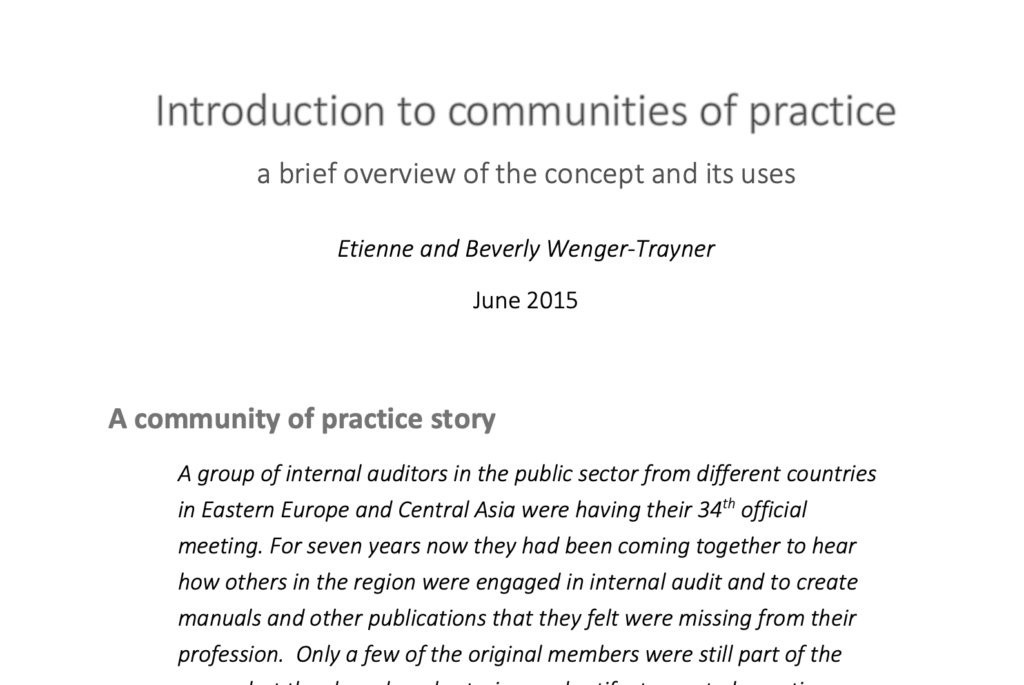Communities of practice
sustained learning partnerships
Keywords
Domain
Community
Practice
Regime of competence
Identity
Newcomers
Boundary
What are they?
Communities of practice are sustained learning partnerships among people who share a concern or a passion for something they do and learn how to do it better as they interact regularly.
Communities of practice can be formed to support social learning in any shared domain of human endeavor: a tribe learning to survive, a band of artists seeking new forms of expression, a group of engineers working on similar problems, a clique of pupils defining their identity in the school, a network of surgeons exploring novel techniques, a gathering of first-time managers helping each other cope.
How they contribute to social learning capability
Communities of practice are the learning keepers of the practices associated with specific areas. They cultivate a specialized capability by developing a regime of competence in their domain. They contribute to social learning capability to the extent that they keep their practice alive, keep pushing their capability, and involve newcomers. They also contribute when they connect their own practice to other relevant practices, projects where their practice is required, and various stakeholders across the social landscape. They detract from social learning capability when they become stale, defensive, or siloed.
More on communities of practice
Workshops and events
Books
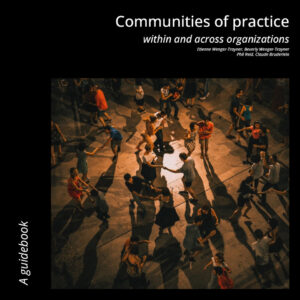
Communities of practice guidebook
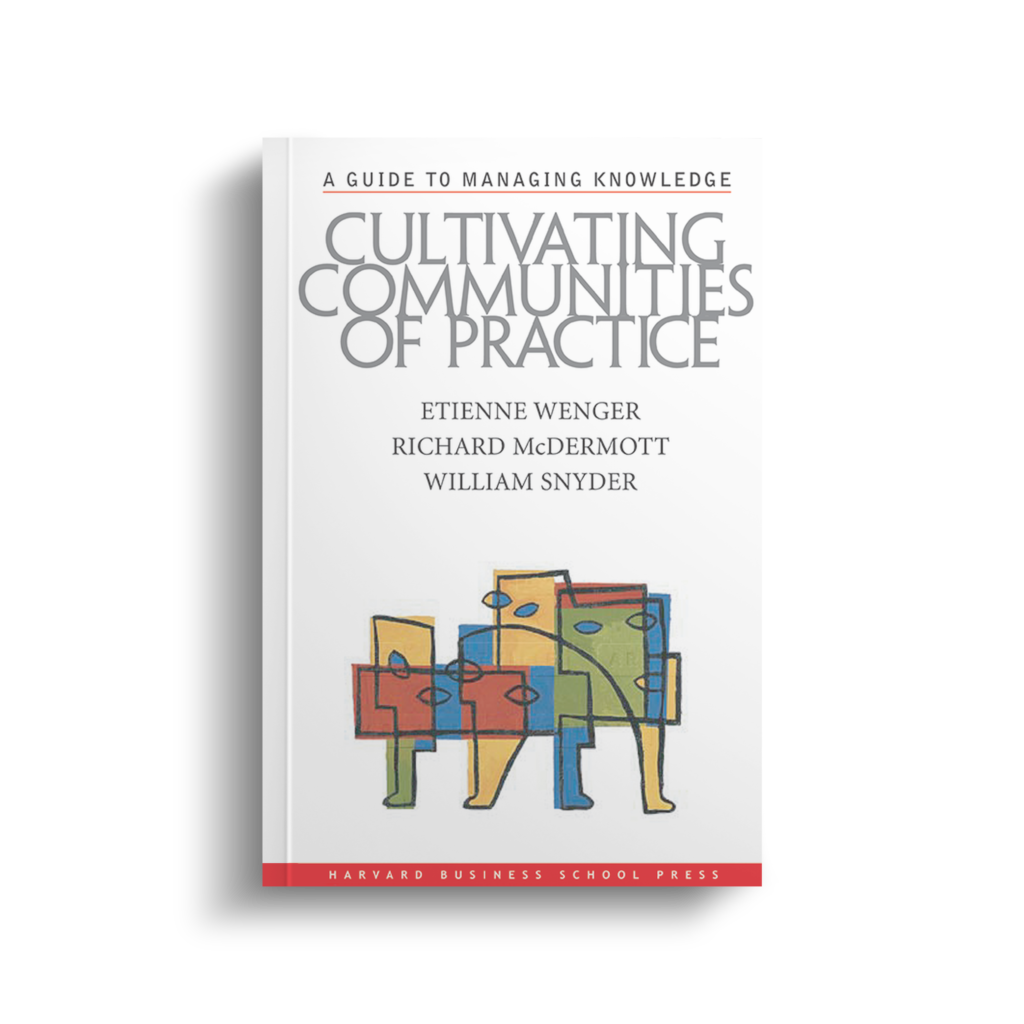
Cultivating communities of practice: a guide to managing knowledge
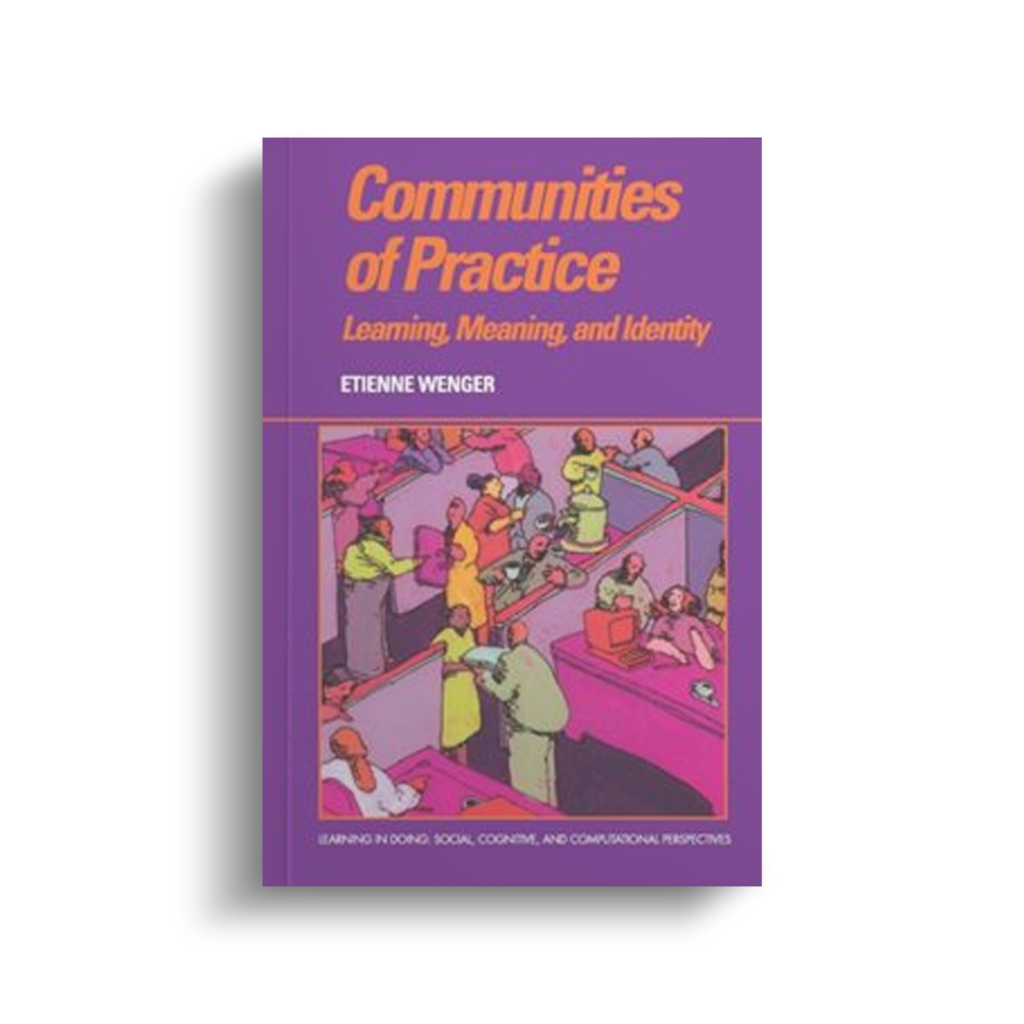
Communities of practice: learning, meaning and identity
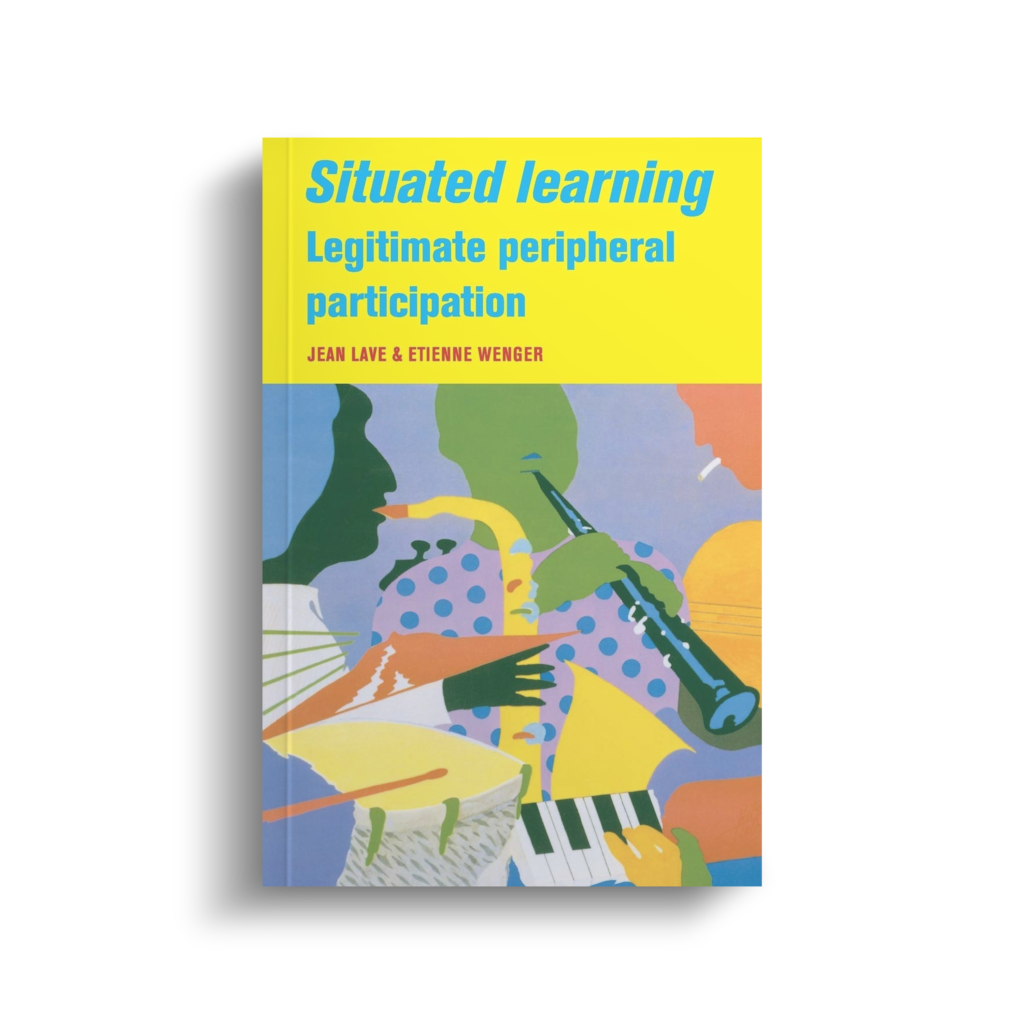
Situated learning: legitimate peripheral participation






